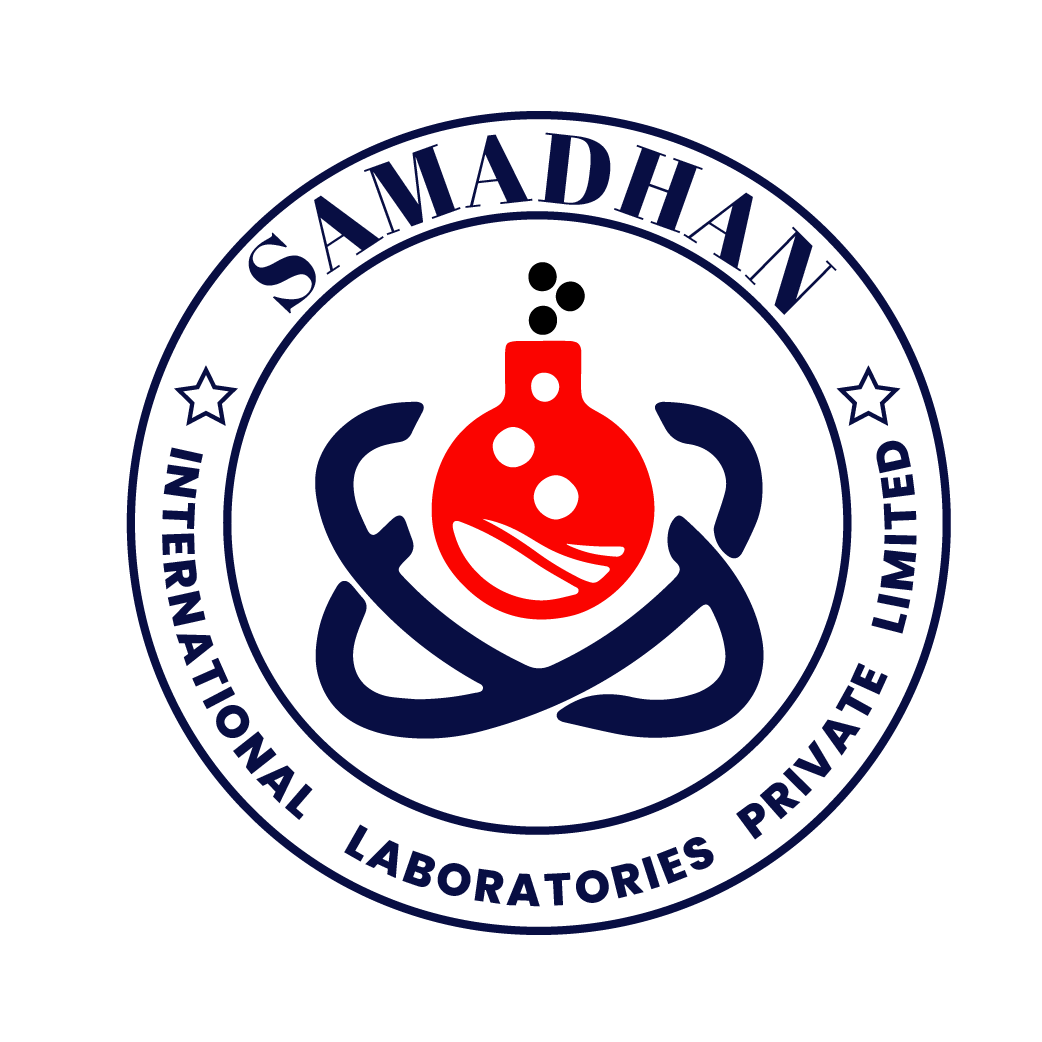Samadhan Lab is Bihar's premier international testing facility, renowned for delivering accurate and reliable testing services across industries, ensuring quality and compliance through cutting-edge technology and expert analysis.
Usefull Links
Contact With Us
-
Phone No.
-
Email
-
Head Office
Plot No D 3,4,5, Industrial Area Hajipur, Hajipur, Vaishali, Bihar, India 844102
-
Delhi Office
B.O.: Prop. No. 102, Kh. No. 14/24, Gali No.7, E-Block,Swaroop Nagar,Delhi-42
Copyright © 2024 Samadhan International Laboratories Pvt. Ltd. Developed & Maintained By DigitalOpeners.



